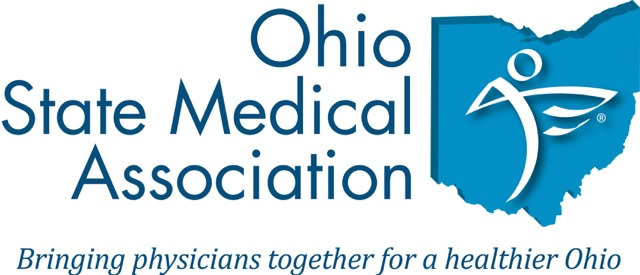view all news
Complete Story
If you have any questions about the No Surprises Act implementation at either the federal or state level, email Sean McCullough, OSMA Policy Director and Legal Counsel.
Complete Story
08/07/2024
No Surprises Act Court Decision Supports Physician Practices
Recently, the US Fifth Circuit Court upheld a lower court surprise billing decision in favor of healthcare providers (Texas Med. Ass’n v. HHS , 5th Cir., No. 23-40217, 8/2/24). The court held that a federal rule concerning the arbitration process in payment disputes of surprise billing claims conflicts with the Administrative Procedures Act and that the federal departments exceeded their rulemaking authority.
As a refresher, the No Surprises Act was passed by Congress in 2021, and was intended to provide relief to patients being billed out of network rates for care, when those services were being provided at an in-network facility—usually arising out of emergency care situations. Other provisions of the act required an arbitration process for payment disputes between providers and insurers. In standing up this arbitrations process, the feds created regulations which detailed requirements for arbitrators.
This case was brought by the Texas Medical Association against the federal agencies which created the regulations and requirements of the arbitration process. The TMA argued that the “Qualifying Payment Amount” (QPA) is used too heavily in the arbitrator’s determination of a payment disputes. The TMA argued that there are a number of factors that are congressionally mandated to be considered, but that an arbitrator using the QPA (an amount based on median network rates from insurers) as a required consideration before all other factors constitutes “the Departments plac[ing] a thumb on the scale in favor of the insurer.”
The appellate court agreed. It held that requiring arbitrators to adhere so specifically to factors focused on the QPA were outside the statutory delegation by Congress in enacting the No Surprises Act. This decision relates to federally regulated health plans. For state regulated health plans, Ohio has a slightly different process that also includes arbitration. In the first two years of the process, the arbitrator has found in favor of the physician practice more than 90% of the time.
If you have any questions about the No Surprises Act implementation at either the federal or state level, email Sean McCullough, OSMA Policy Director and Legal Counsel.
More Resources:
